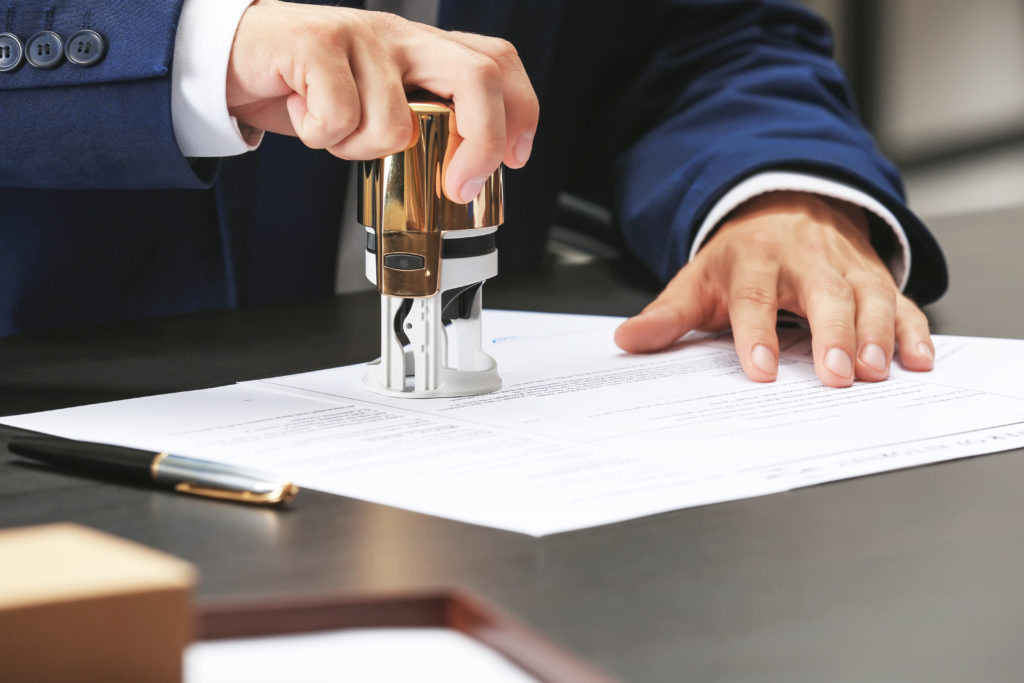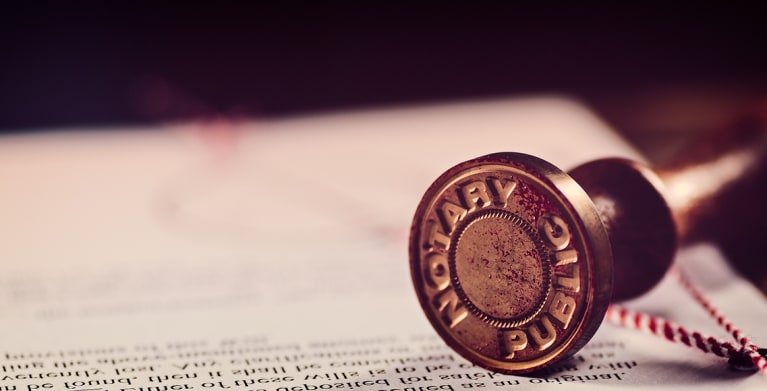Knowledgeable Conveyancer: Promoting Smooth Property Deals
Knowledgeable Conveyancer: Promoting Smooth Property Deals
Blog Article
Demystifying Notarial Job: Simplifying the Duty and Significance of Notaries
Their duty, often shrouded in secret for several, brings significant weight in guaranteeing the legitimacy and honesty of critical files. By unwinding the complexities dropping and bordering notarial practices light on the value of their acts, a clearer understanding arises of the crucial duty notaries play in promoting the material of legal and lawful agreements.
The History of Notarial Job
Just how did notarial job develop in time to come to be an integral component of lawful and company transactions? The history of notarial job go back to old worlds, where scribes played a critical function in recording essential information and verifying papers. As societies proceeded, the need for a much more formalized system to ensure the validity of arrangements emerged. This resulted in the development of notaries, individuals assigned by the state to serve as objective witnesses in legal matters.
During the Center Ages, notaries got prestige in Europe, with their features expanding to consist of composing lawful files, licensing trademarks, and maintaining records. The rise of global profession additionally highlighted the value of notarial work in verifying agreements and contracts throughout boundaries.
In the contemporary era, notaries remain to play a vital duty in lawful and service transactions by validating identities, verifying the authenticity of papers, and avoiding fraudulence. Their function in certifying the legitimacy of contracts adds a layer of safety and security and trust fund to the ever-evolving landscape of commerce and law.

Tasks and Duties of Notaries
Notaries play an important role in verifying the credibility of records and the identification of notaries. One of their primary duties is to witness the signing of crucial records, such as deeds, contracts, and wills, to make sure that all celebrations are getting in right into arrangements purposefully and voluntarily.
They license copies of original documents, giving assurance to establishments that the duplicates are true replicas of the originals. On the whole, the duties and duties of notaries are necessary in guarding the stability and legality of different documents and purchases - Deceased Estate.
Notarial Certificates and Signatures
Exhibiting thorough attention to information, notarial certificates and signatures act as vital parts in confirming the authenticity of lawful documents. Notarial certificates typically consist of important information such as the day of notarization, the names of the signatories, a description of the paper, and the notary's official seal. These certifications give a clear record of the notarial act, making certain that the file can be conveniently recognized and mapped back to the notary who managed the process.
Signatures play an essential role in notarial work, as they represent the arrangement and permission of the celebrations entailed. Notaries meticulously witness the finalizing of records to verify the identification of the signatories and validate that they are authorizing of their very own cost-free will. By affixing their official seal and signature to the file, notaries license that the required treatments have actually been complied with and that the record is enforceable and valid.
Basically, notarial certifications and signatures are the characteristic of authenticity in legal deals, providing assurance to all events involved that the records are reputable and binding.
Relevance of Notarial Acts

Registration Refine Explained
The registration process usually starts with the individual providing the document to a notary public. When the identification is verified, the notary guarantees that the individual authorizing the document does so willingly and without any browbeating.

Final Thought

Notarial certificates normally include critical information such as the day of registration, the names of the signatories, a summary of the file, and the notary's official seal. These certificates offer a clear document of the notarial act, making certain that the document can be easily determined and mapped back to the notary who looked after the procedure.
By affixing their official seal and trademark to the document, notaries certify that the required procedures have actually been followed and that the document is enforceable and valid.
By validating the identity of the notaries, validating their willingness to get in into the arrangement, and certifying the date and area of the finalizing, notaries play a vital duty in promoting the validity of lawful records.After the document is signed, the notary will fasten their official seal or stamp onto the document.
Report this page